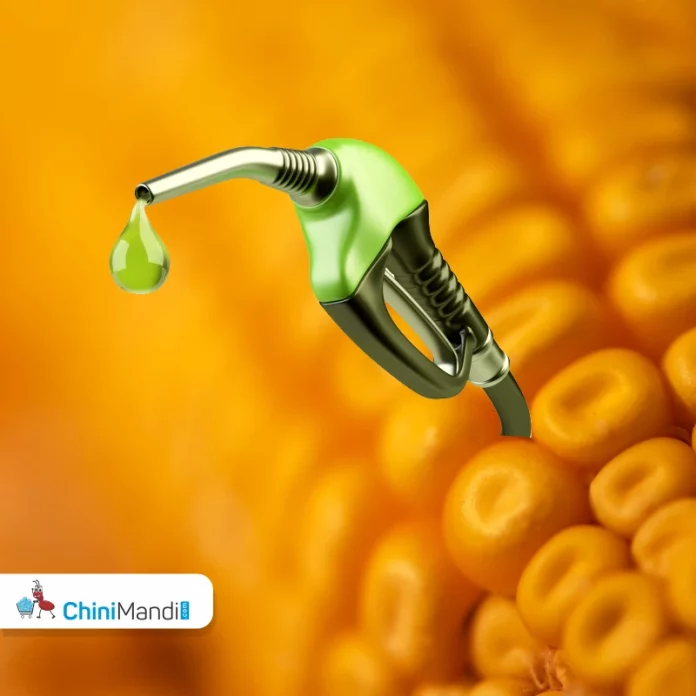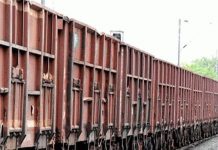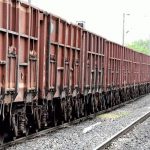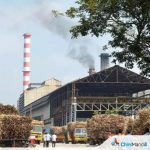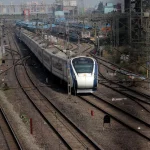The Vice-President, Jagdeep Dhankhar cautioned that climate change is a ticking time bomb an existential crisis for mankind. “Our planet, once a pristine green heaven, is not a shade of its past. Bled by climate change, triggered by reckless exploitation of natural resources and deforestation, the planet has been brought near catastrophe”, he said while warning that “humanity is cliff hanging.”
Delivering keynote address at the valedictory session of the 4th International Climate Summit on “Bioenergy: Path to Viksit Bharat” at New Delhi, Dhankhar said that “there is no contingent plan, no other planet than earth and it needs to be conserved and nurtured”.
He also emphasised on ethanol and National Biofuel Policy stating, “Dented corn ethanol has been talked about. I am son of a farmer, I immediately caught the idea on two counts: first, its productivity is three-fold, and second, it helps contain climate change in some sense.”
He said, “The 2018 National Biofuel Policy aims to reduce greenhouse gas emissions and reliance on imported petroleum by promoting biofuel blending with conventional fuels. Complementing this, the National Bioenergy Programme, launched in 2022, encourages the use of surplus biomass while providing an additional income source for rural households, thus addressing both environmental and economic objectives and I gather dented-corn ethanol will be an additional positive factor that will capture the imagination of Indian farmers and increase their income as well.”
“Friends, green hydrogen emission, there is already a financial outlay of 18,000 crores. This has capacity to invite investment of 8 lakh crores and jobs for 6 lakh. It is a significant step in the right direction so that we move towards positive step to contain climate change,” he further added.
Highlighting the importance of bio ethanol derived from dented corn, J P Gupta, chair, Environment Committee, PHD Chamber of Commerce and Industry on Friday said that it will not only provide a good source of energy, but will also help change the financial condition of the farmer, as more demand will increase more income.
(With inputs from PIB)

